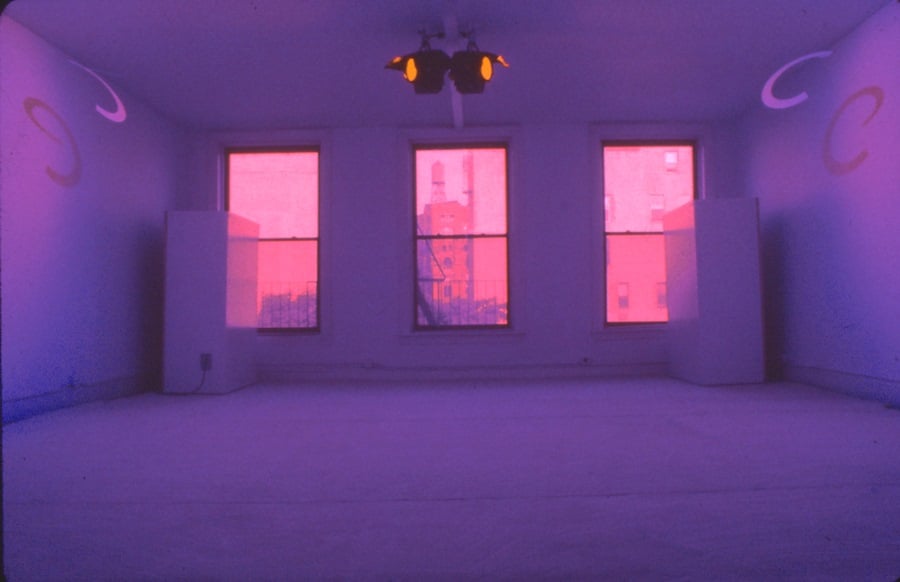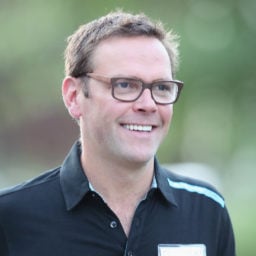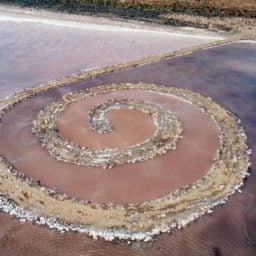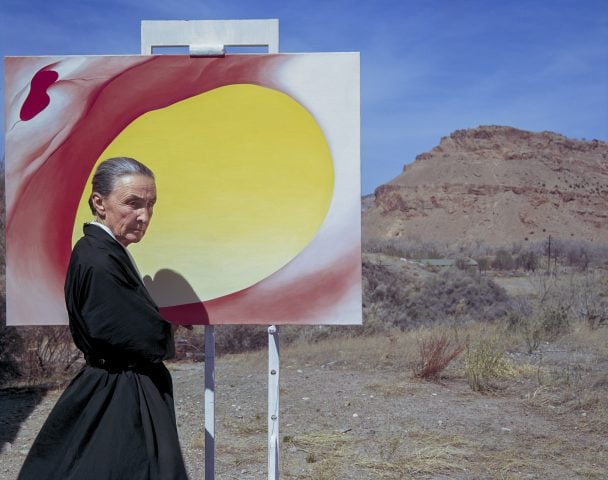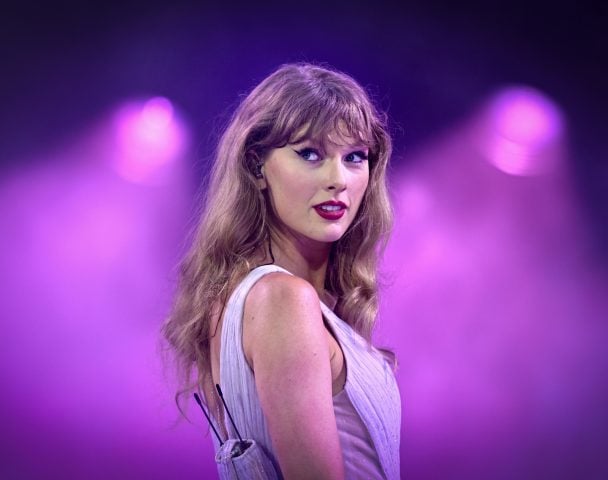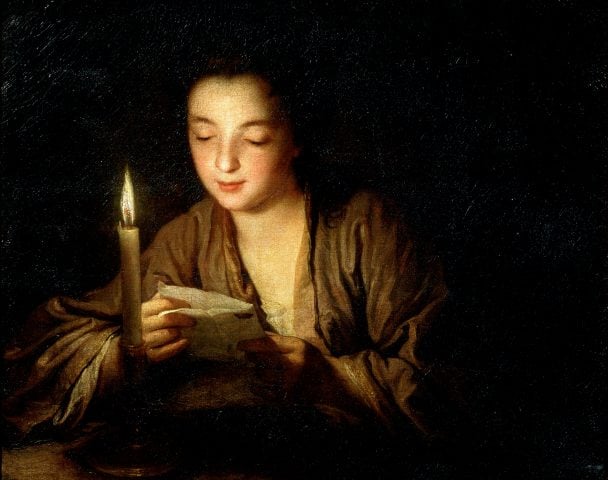The Dia Art Foundation has bought “Dream House,” a 1969 sound-and-light installation created by composer La Monte Young and artist-musician Marian Zazeela, and will show the work in West Chelsea for three months starting this summer.
It is the first acquisition under new director Jessica Morgan, hired last fall after the departure of Philippe Vergne for the Museum of Contemporary Art Los Angeles (see Dia Art Foundation Taps Tate’s Jessica Morgan for Director Job).
It’s also the first purchase from the foundation’s new acquisitions budget.
Dia lacked funds for buying art until 2013, when it controversially put 27 works by artists including John Chamberlain, Cy Twombly, and Barnett Newman up for auction at Sotheby’s New York. Heiner Friedrich and Fariha de Menil Friedrich, who established Dia Art Foundation in 1974, filed suit to stop the sale, without success, and Paul Winkler, brother of Dia co-founder Helen Winkler, protested the sale in an open letter to the museum.
The lawsuit claimed that selling the works would remove them “from public access and viewing in direct contravention of Dia’s entire intent and purpose.”
“To sell art works at the core of the ideas and collections of Dia is an outrage and to do so for the purpose of acquiring works by other artists is counter to the unique vision and spirit of Dia,” Winkler wrote in the letter.
Despite the kerfuffle, a Cy Twombly work on paper ended up smashing the artist’s previous auction record, fetching $21.7 million, far above his previous high of $5 million for a work on paper. The entire group of works bore a high estimate of $20 million; the 12 works at the evening sale alone brought $38.4 million.
The purchase and display will bring fresh attention to “Dream House,” which has remained largely under the radar of large swaths of the art world even though it has been on view since 1993 at 275 Church Street, in Manhattan’s Tribeca neighborhood. The unique iteration of the piece at Dia will be created in collaboration with artist and musician Jung Hee Choi.
Unfortunately, on a visit on Wednesday, the piece seemed like a less-than-stellar early acquisition.
The overwhelming first impression one gets on entering is the smell of cheap incense. Bright colored lights and window gels make the entire carpeted room purple, but there are visual distractions: the droning soundtrack comes from large, unsightly loudspeakers in plain view atop tall white cabinets. Simply placing the mechanisms behind a white curtain would help.
There was no gallery minder, leaving unchecked a couple of inconsiderate visitors chatting over the drone. When staff did come and go, a beep from the security mechanism on the door made matters worse. If anything, a louder volume on the speakers might improve the situation.
Pillows on the floor invite lounging, but as for me, I couldn’t wait to get out.
Heiner Friedrich was the first to present the work, at his Munich gallery in 1969, followed by a showing at New York’s Metropolitan Museum of Art in 1971 and a yearlong presentation at Documenta 5 in Kassel, Germany, in 1972.
Dia has a history with the project, having showed one version of “Dream House” from 1979 to 1985 at 6 Harrison Street. The foundation supports numerous long-running art installations, with several in New York including Walter De Maria’s “Broken Kilometer” and “Earth Room” in SoHo, as well as others worldwide, such as De Maria’s “The Lightning Field,” in New Mexico, and Robert Smithson’s “Spiral Jetty,” in the Great Salt Lake, in Utah. (If you’re planning a trip, read our 10 Exotic Art Pilgrimages To Take, To Dream Of, For Summer.)
Born in 1935 in Idaho, Young, a co-founder of the Fluxus movement, studied music with Richard Maxfield, Leonard Stein, and Karlheinz Stockhausen in the 1950s, later directing loft concerts at Yoko Ono’s studio. He has worked with Zazeela since 1962, supplying sound to accompany her light installations and sculptures.
Zazeela, who was born in New York in 1940, has shown at Dia and at Paris’ Centre Pompidou. Choi, born in Seoul in 1969, has worked with Young and Zazeela since 1999, and has had her work featured by institutions including FRAC Franche-Comté, Besançon, France, and the Guggenheim Museum, New York, as well as events such as Germany’s Berliner Festspiele and Seoul’s Korea Experimental Arts Festival.
The purchase of the sound-and-light installation, “Dia 15 VI 545 West 22 Street Dream House,” marks Young’s 80th birthday and Zazeela’s 75th. Performances by the Just Alap Raga Ensemble, with vocals by Young and Zazeela, will celebrate Dia’s exhibition.
Dia has been without a New York City venue since 2004, when it sold its building at 548 West 22nd Street. Since then, the museum has had exhibitions solely at its 240,000-square-foot Dia:Beacon facility, in the Hudson River Valley. In 2012, Dia announced that it would build a new home on three adjacent lots on the same block and that construction would begin in spring 2014; it has not yet commenced.
Its former building has gone on to house art fairs, including Independent and the Outsider Art Fair, though they, too, are now seeking a new home (see Owner of Former Dia Building Ousts Independent Fair and Zach Feuer).
